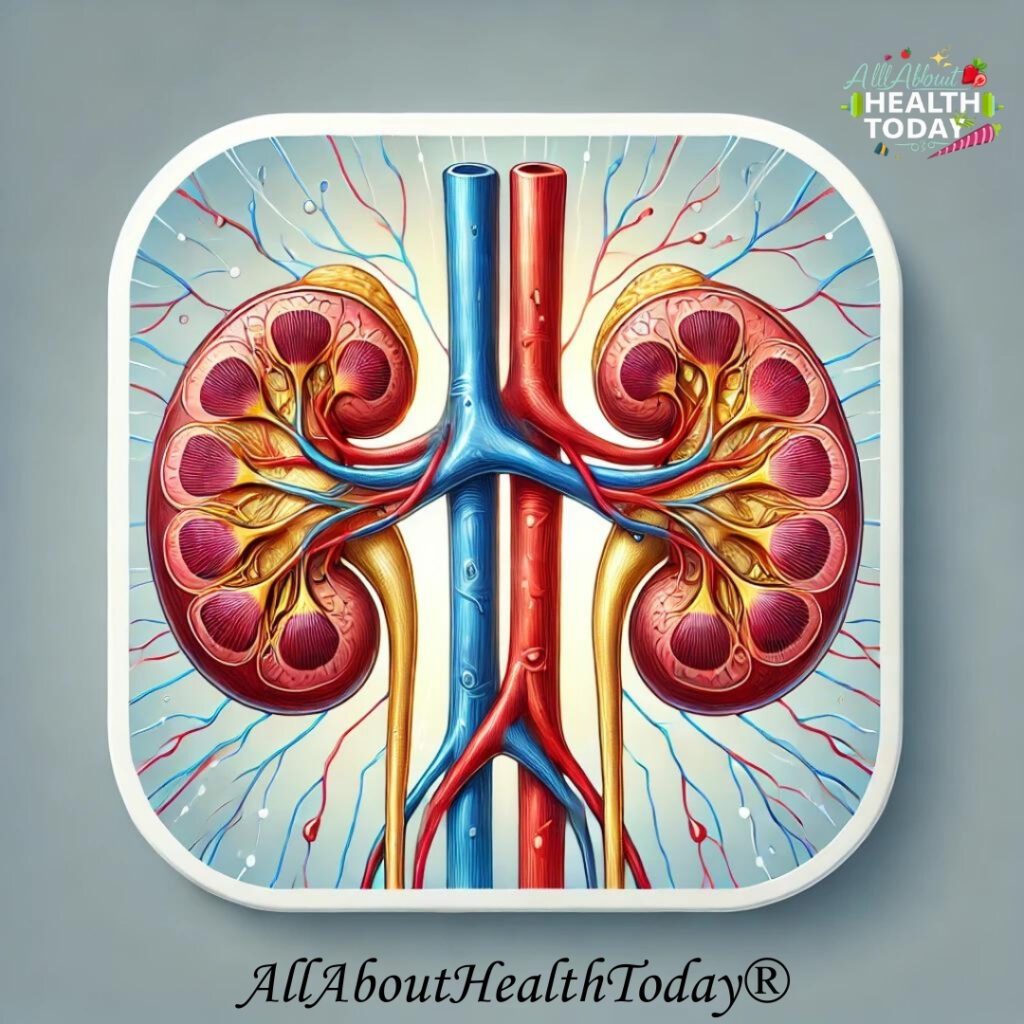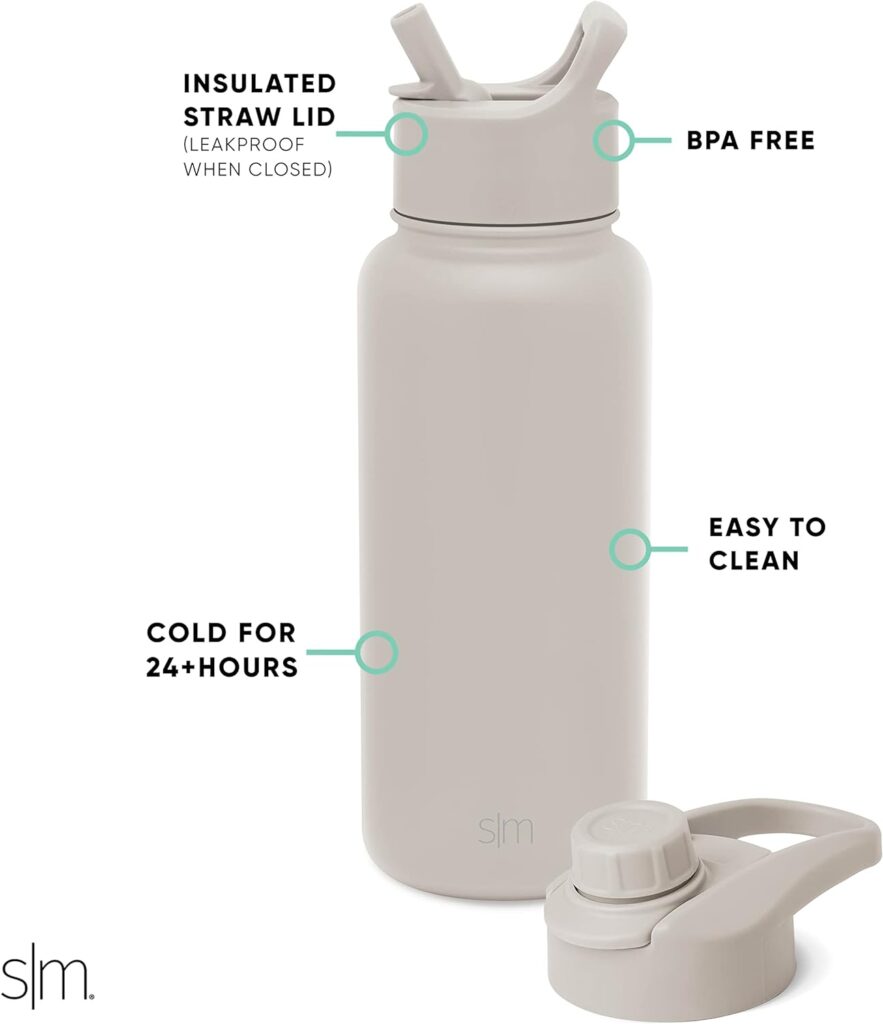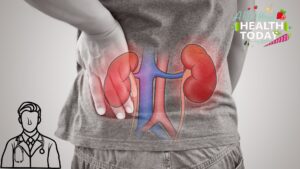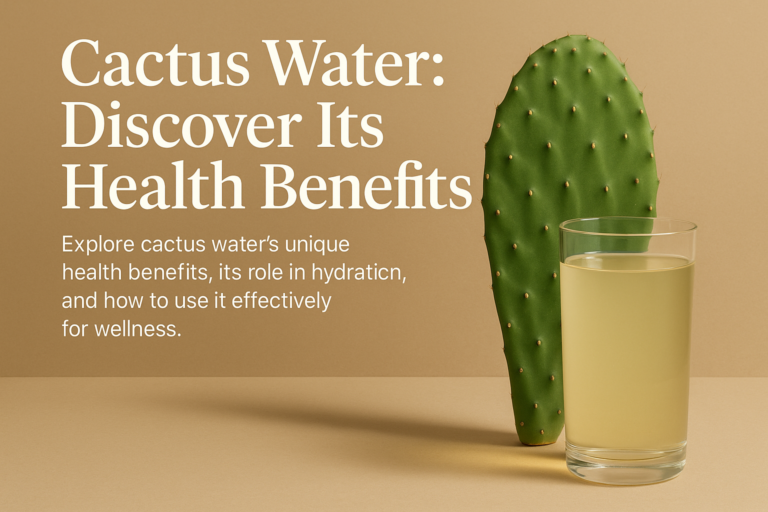Introduction
Importance of Kidney Health
Your kidneys play an important role by filtering waste products and excess fluids from the blood, regulating blood pressure, balancing electrolytes, and producing hormones that affect other bodily functions. For older adults or individuals with kidney-related health problems, maintaining kidney health is vital to prevent further complications and enhance quality of life.
Overview of Kidney Function
The kidneys are two bean-shaped organs located on either side of the spine, just below the rib cage. Each kidney contains around a million filtering units called nephrons. These nephrons work tirelessly to filter and cleanse the blood, removing waste products and excess substances, which are then excreted as urine. In addition to their filtering role, kidneys help regulate blood pressure by controlling fluid balance and releasing the enzyme renin. They also stimulate red blood cell production through the hormone erythropoietin and activate vitamin D for bone health.

Understanding Kidney Health
Role of Kidneys in the Body
The kidneys are vital organs that perform several essential functions to keep the body in balance. They filter about 120 to 150 quarts of blood to produce 1 to 2 quarts of urine daily, composed of waste and excess fluids. This filtration process helps remove toxins, urea, and other waste products from the bloodstream. Additionally, kidneys are responsible for:
- Regulating Blood Pressure: By controlling the volume of blood (through fluid balance) and releasing the enzyme renin, which helps regulate blood pressure.
- Balancing Electrolytes: Maintaining the right balance of electrolytes such as sodium, potassium, and calcium, which are crucial for muscle function, nerve function, and other bodily processes.
- Producing Hormones: The kidneys produce hormones like erythropoietin, which stimulates the production of red blood cells in the bone marrow, and calcitriol, the active form of vitamin D, which is essential for bone health.
Common Kidney Diseases and Conditions
Understanding common kidney diseases and conditions can help in recognizing the importance of kidney health and the impact of diet on kidney function. Some prevalent kidney-related conditions include:
- Chronic Kidney Disease (CKD): A progressive loss of kidney function over months or years. CKD is often caused by diabetes, high blood pressure, and other conditions that put a strain on the kidneys.
- Acute Kidney Injury A sudden loss of kidney function due to injury, severe infection, or other acute conditions. AKI can be reversible with prompt treatment.
- Kidney Stones: Hard deposits of minerals and salts that form inside the kidneys. They can cause severe pain and urinary issues.
- Glomerulonephritis: Inflammation of the tiny filters in the kidneys (glomeruli). Infections, autoimmune diseases, or other conditions can cause it.
Recognizing the symptoms and risk factors of these conditions is essential for early intervention and effective management. Symptoms may include fatigue, swelling in the legs and ankles, changes in urine output, and high blood pressure.
Key Nutrients for Kidney Repair
Essential Vitamins and Minerals
To support and repair kidney function, it’s crucial to incorporate specific vitamins and minerals into your diet. These nutrients help maintain the overall health of your kidneys and support their ability to filter and eliminate waste. Key vitamins and minerals include:
- Vitamin D: Helps regulate calcium and phosphorus levels in the blood, essential for bone health and kidney function. Foods rich in vitamin D include fatty fish (salmon, mackerel), fortified dairy products, and eggs.
- Vitamin B6: Aids in the metabolism of proteins and supports kidney function. Sources include bananas, avocados, poultry, and fish.
- Iron: Essential for producing red blood cells and preventing anemia, which is common in kidney disease. Good sources are lean meats, beans, and fortified cereals.
- Magnesium: Helps maintain normal blood pressure and muscle function. Foods high in magnesium include nuts, seeds, and green leafy vegetables.
- Omega-3 Fatty Acids: Reduce inflammation and fight against disease progression. Found in fatty fish, flaxseeds, and walnuts.
Foods Rich in Antioxidants and Anti-Inflammatory Properties
Antioxidants and anti-inflammatory foods can help reduce oxidative stress and inflammation, which are harmful to kidney health. Incorporating these foods into your diet can promote kidney repair and overall well-being:
Don’t sleep on our best-spices guide, read more.
- Berries: Blueberries, strawberries, and raspberries are rich in antioxidants, which help protect kidney cells from damage.
- Red Bell Peppers: High in vitamins A and C, which have antioxidant properties and are low in potassium, making them kidney-friendly.
- Garlic: Contains sulphur compounds with anti-inflammatory and antioxidant effects. Garlic also helps reduce cholesterol and inflammation.
- Cauliflower: A versatile vegetable high in vitamin C, folate, and fiber, which helps reduce inflammation and support kidney health.
- Olive Oil: Rich in antioxidants and healthy fats, olive oil can help reduce inflammation and improve kidney function.
References
- National Kidney Foundation.Nutritional Management for Kidney Disease: Key Nutrients and Dietary Guidelines.
- Harvard T.H. Chan School of Public Health.The Nutrition Source: Vitamin D and Health.
- Journal of Renal Nutrition. Omega-3 Fatty Acids and Their Role in Kidney Disease: A Review of the Evidence. Vol. 29, Issue 6.
Best Foods for Kidney Health
Fruits and Vegetables: The Powerhouse of Nutrition
Fruits and vegetables are essential for kidney health due to their high content of vitamins, minerals, and antioxidants. Here are some top choices:
- Apples: High in fiber and anti-inflammatory properties, apples can help reduce cholesterol and improve heart health, indirectly supporting kidney function.
- Cranberries: Known for their ability to prevent urinary tract infections, cranberries also contain compounds that protect the kidneys from bacteria.
- Red Grapes: Rich in vitamin C and antioxidants like flavonoids, red grapes can reduce inflammation and support kidney health.
- Kale: This leafy green is packed with vitamins A and C, calcium, and other minerals that help detoxify the kidneys and support overall health.
- Blueberries: High in antioxidants, blueberries can help reduce inflammation and protect the kidneys from damage.
Lean Proteins and Their Impact on Kidney Health
Protein is crucial for repairing tissues and maintaining overall health, but it’s important to choose kidney-friendly sources:
- Fish: Particularly fatty fish like salmon, mackerel, and sardines, are rich in omega-3 fatty acids, which help reduce inflammation.
- Chicken: Skinless chicken breast is a great source of lean protein that is low in phosphorus, making it easier on the kidneys.
- Egg Whites: High in protein but low in phosphorus, egg whites are an excellent choice for those with kidney issues.
- Tofu: A plant-based protein that is low in fat and phosphorus, making it suitable for a kidney-friendly diet.
Whole Grains and Fiber: Supporting Kidney Function
Whole grains provide essential nutrients and fiber, which help maintain healthy digestion and reduce the burden on the kidneys:
- Oats: Rich in fiber and nutrients, oats can help regulate blood sugar levels.
- Quinoa: A complete protein and high in fiber, quinoa is a versatile grain that supports overall health.
- Brown Rice: Provides essential vitamins and minerals while being lower in phosphorus compared to white rice.
- Barley: High in fiber and helps regulate blood sugar levels.
Healthy Fats: What to Include and Avoid
Incorporating healthy fats into your diet can support kidney health by reducing inflammation and providing essential nutrients:
- Olive Oil: Contains monounsaturated fats and antioxidants that help reduce inflammation and support kidney function.
- Avocados: High in healthy fats and vitamins, avocados can be beneficial in moderation due to their potassium content.
- Nuts and Seeds: Sources of healthy fats and protein, nuts, and seeds like almonds and flaxseeds can support overall health. However, portion control is essential due to their high phosphorus content.
Avoiding unhealthy fats like trans fats and limiting saturated fats can significantly reduce inflammation.
To further enhance your kidney health and overall well-being, it’s important to ensure you’re getting the right vitamins daily. Discover the essential vitamins that can complement your kidney-friendly diet and support your body’s functions in our comprehensive guide on the 7 Best Vitamins to Take Daily.

Foods to Avoid for Kidney Health
High Sodium and Processed Foods
Excessive sodium intake can lead to high blood pressure and put extra strain on the kidneys, which can exacerbate disease and other related health issues. Limiting sodium and avoiding processed foods, typically high in salt, is crucial. Key foods to avoid include:
- Canned Soups and Vegetables: These often contain high levels of sodium used as preservatives.
- Processed Meats: Such as bacon, sausage, deli meats, and hot dogs, are high in sodium and unhealthy fats.
- Snack Foods: Chips, pretzels, and salted nuts are laden with sodium and unhealthy additives.
- Frozen Meals: Many frozen dinners are convenient but packed with sodium and preservatives.
Foods High in Phosphorus and Potassium
For those with compromised kidney function, controlling phosphorus and potassium intake is essential to prevent further damage and other health complications.
- Dairy Products: Milk, cheese, yogurt, and other dairy products are high in phosphorus and potassium. Opt for alternatives like almond milk or rice milk, which are lower in these minerals.
- Dark-Colored Sodas: These beverages often contain added phosphorus, which can be harmful.
- Bananas and Oranges: While healthy, these fruits are high in potassium. Consider lower-potassium fruits like apples, berries, and grapes.
- Whole Grains: While generally healthy, some whole grains like bran cereals and oatmeal can be high in phosphorus. Opt for refined grains in moderation if necessary.
- Beans and Lentils: Although a good source of protein, they are high in phosphorus and potassium. Limit intake or choose lower-potassium beans like green beans.
Lifestyle Tips to Support Kidney Health
Hydration
- Drink Plenty of Water: Aim for at least 8 cups of water a day, but adjust based on your specific needs and medical advice.
- Limit Sugary and Caffeinated Beverages: These can lead to dehydration and put extra strain on the kidneys.
- Monitor Fluid Intake: Especially if you have kidney disease, where fluid restriction may be necessary. Consult your healthcare provider for personalized advice.
Exercise & Weight Management
- Incorporate Regular Exercise: Aim for at least 30 minutes of moderate exercise most days of the week. Activities like walking, swimming, and cycling are excellent choices.
- Monitor Weight: Maintaining a healthy weight can reduce the risk of high blood pressure and diabetes, which are significant risk factors for kidney disease.
- Stay Active: Find enjoyable activities to keep you motivated and consistent with your exercise routine.
Blood Pressure & Blood Sugar Levels
- Regular Check-ups: Schedule regular visits with your healthcare provider to monitor blood pressure and blood sugar levels.
- Healthy Diet: Follow a balanced diet low in sodium, refined sugars, and unhealthy fats to help control blood pressure and blood sugar.
- Medication Adherence: Take prescribed medications as directed to manage blood pressure and diabetes effectively.
Stay Hydrated with the Right Tools
To make sure you’re always hydrated, having a reliable water bottle can be incredibly helpful. Check out the Simple Modern Insulated Water Bottle, perfect for keeping your water cold for hours and ensuring you meet your daily hydration goals.

Consulting Healthcare Providers
When to Seek Medical Advice
It’s important to recognize when to seek medical advice for kidney health issues. Regular check-ups and early detection of problems can significantly improve outcomes. Here are some signs and situations that warrant a visit to your healthcare provider:
- Symptoms of Kidney Issues: Persistent fatigue, swelling in the ankles or feet, changes in urine output or color, and high blood pressure can all indicate kidney problems.
- Pre-existing Conditions: If you have diabetes, high blood pressure, or a family history of kidney disease, regular monitoring and consultations with your healthcare provider are essential.
- Unusual Pain: Severe or persistent pain in the lower back or sides could be a sign of kidney stones or other kidney-related issues that require medical attention.
- Medication Management: If you’re taking medications that affect kidney function, such as NSAIDs or certain antibiotics, regular check-ups are important to monitor their impact on your kidneys.
Importance of Regular Check-ups and Testing
Regular check-ups and testing can help detect kidney issues early and allow for timely intervention. Here’s why these are crucial:
- Blood Tests: Tests such as serum creatinine and blood urea nitrogen (BUN) can measure how well your kidneys are filtering waste from your blood.
- Urine Tests: These can help detect abnormalities like protein or blood in the urine, which can indicate kidney damage or disease.
- Blood Pressure Monitoring: High blood pressure is both a cause and a result of kidney disease. Regular monitoring can help manage and mitigate this risk.
- Glomerular Filtration Rate (GFR): This test estimates how well your kidneys are filtering and is a key indicator of kidney function.
Conclusion
Keeping your kidneys in top shape is crucial for your overall health, especially if you’re dealing with kidney-related issues or just aiming to stay healthy as you age. The great news is that with a few mindful choices, you can make a big difference in how well your kidneys function.
Start by packing your diet with delicious, kidney-friendly foods like vibrant fruits, crunchy vegetables, lean proteins, and whole grains. Don’t forget the power of staying hydrated – grab a great water bottle and make it your trusty sidekick. Steer clear of those sneaky sodium-packed and high-phosphorus foods that can sneak up on your kidneys.
Living a kidney-healthy lifestyle doesn’t stop at your plate. Regular exercise, maintaining a healthy weight, and keeping tabs on your blood pressure and blood sugar levels are all part of the plan. And of course, keep those doctor appointments – regular check-ups and tests can catch any issues early, giving you the best chance to tackle them head-on.
With the recipes and tips we’ve shared, you’re well on your way to taking charge of your kidney health. Embrace these changes, and you’ll not only feel better but also give your kidneys the support they need to keep doing their vital work.
So, here’s to making healthier choices, enjoying tasty meals, and living life to the fullest while giving your kidneys the care they deserve. Your journey to better kidney health starts now – let’s make it happen!




